
Ruling Like Rabban Shimon ben Gamliel II: Bava Metzia 38a
The Mishna in Bava Metzia 38a records a dispute about what to do if someone deposited produce with you and the produce has started to

The Mishna in Bava Metzia 38a records a dispute about what to do if someone deposited produce with you and the produce has started to

In Bava Metzia 59a, Rav Yehuda recommends ensuring you have a ready supply of grain in your house, for discord is found only when grain
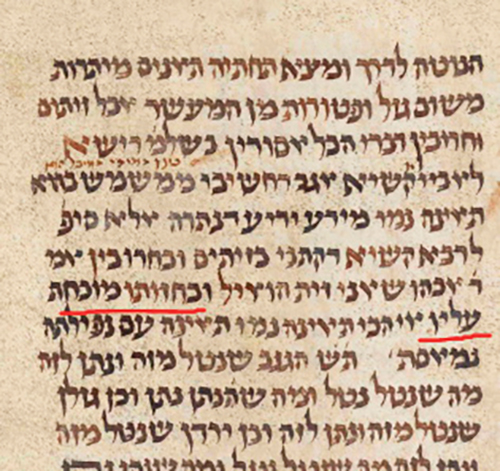
How big is a kezayit, the olive measure used as a minimum size that is still considered halachic eating? There are well known positions both
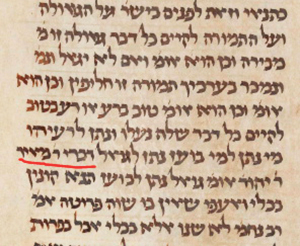
Pesach is just around the corner, so soon, you might meet with your rabbi to arrange the sale of chametz. At that meeting, he’ll probably

The Torah sometimes employs repetitive language, for instance הֹוכֵ֤חַ תֹּוכִ֨יחַ֙ (“You shall surely rebuke,”) and אִם־שָׁמ֨וֹעַ תִּשְׁמַ֜ע (“If you diligently hearken to Hashem’s voice,”). This

Rabbi Yitzchak of Migdal (רִבִּי יִצחָק מִגְּדָּלָאה) is a real person! He was a first-generation amora of the Land of Israel. In Shabbat 139a, Rabbi

In Bava Metzia 17b, Mar Kashisha b. Rav Chisda speaks to Rav Ashi to question Abaye’s apparent assumption that a widow after a mere betrothal
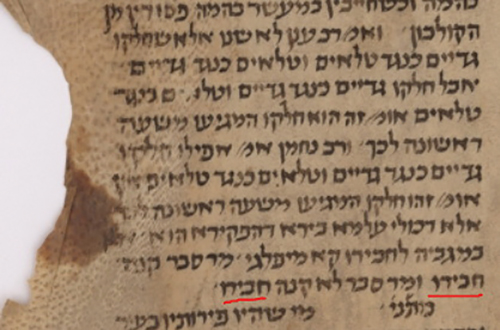
There is a principle of זָכִין לְאָדָם שֶׁלֹּא בְּפָנָיו—Shimon can act on Reuven’s behalf to his benefit, even without Reuven’s explicit appointment to do so.
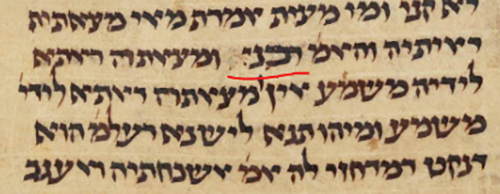
Regarding marriage, my father once suggested a novel interpretation of the opening mishna of Bava Metzia (2a). שְׁנַיִם אוֹחֲזִין בְּטַלִּית—“Two people are ‘holding’ by the

On Bava Kamma 108b, we encounter two versions of a dilemma. The shared scenario is that an animal given to a watchman was stolen in
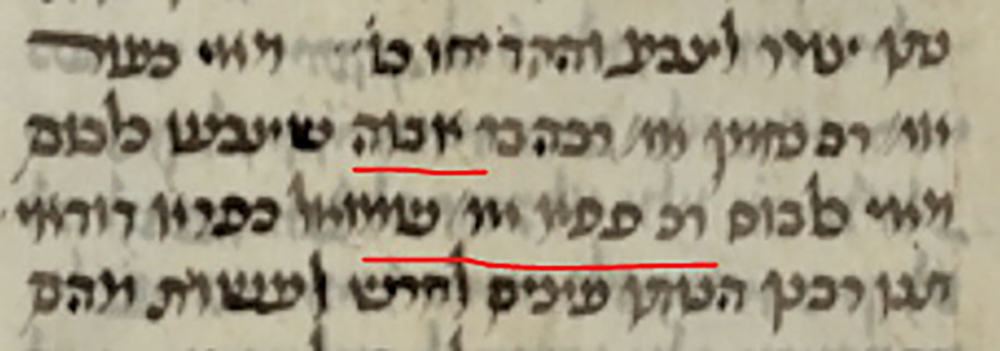
A Mishnah (Bava Kamma 100b) discussed a dyer who damaged wool given to him to dye. If the wool was entirely destroyed by the cauldron,
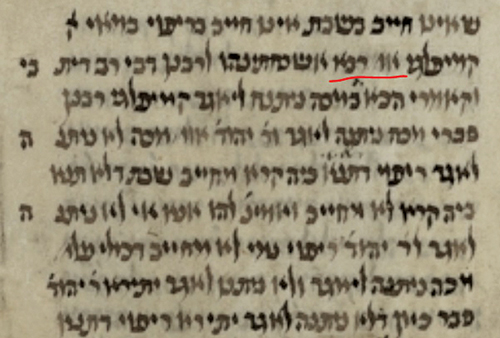
In parshat Mishpatim (Shemot 21:18-19), the Torah discusses two people fighting, and one strikes his fellow with a stone or fist, injuring him. He has